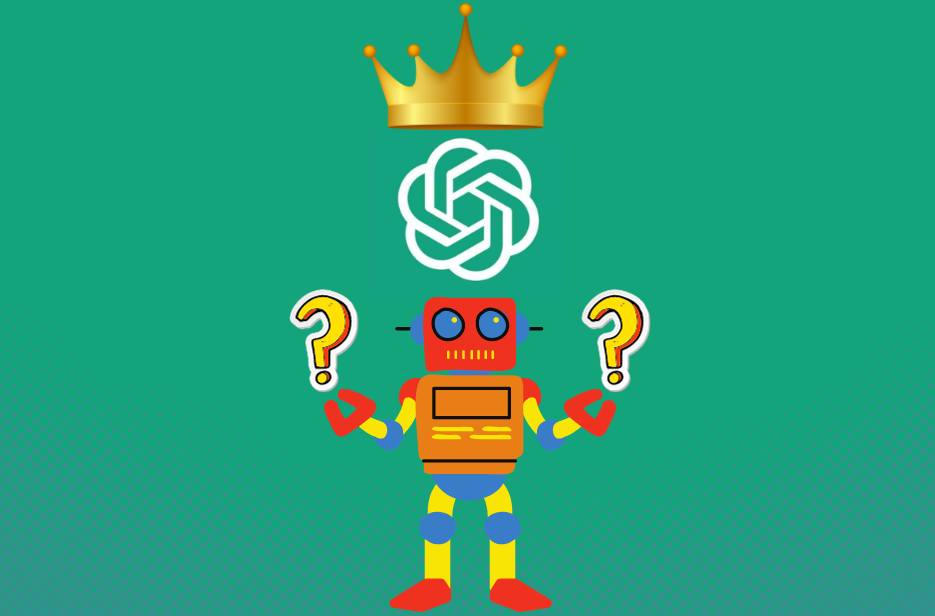ChatGPT Competitors You Didn’t Know Existed
AI chatbots are taking the world by storm, and it didn’t begin with the birth of the revolutionary ChatGPT.
ChatGPT appeared as another 🐠 in the already big pool of artificial intelligence chatbots but in a different package.
Yes, it is a revolutionary AI chatbot, but are there others that can be seen as its alternatives and competitors?
Our research led us to some extraordinary findings you probably didn’t know existed as ChatGPT competitors.
Keep reading to find out which ChatGPT competitors you didn’t know about!
Are there any real competitors to ChatGPT?
Yes, there are some serious competitors (rivals) to ChatGPT, all able to mimic human-like interactions.
These competitors come from big-name companies like Google, Amazon, DeepMind, and others, all striving to enhance their chatbot products, making them more user-friendly, secure, and efficient.
ChatGPT competitors, you probably know by now.
Some of the most notable ChatGPT competitors are:
Microsoft Bing (free and paid)
It is the No.1 rival to ChatGPT, using an updated version of ChatGPT, known as the ‘Prometheus model’, which later became GPT-4.
Some users even claim that the current version of Bing AI is much better than ChatGPT because it has a chat mode that lets users ask questions based on their web searches.

Also, learn about Bing Image Creator and how to use it.
Jasper AI (free and paid)
Long before ChatGPT came to the market, there was the Jasper Chat that almost all content creators knew about. The chatbot is known for generating decent content compared to ChatGPT; however, remember that its dataset needs to be updated.
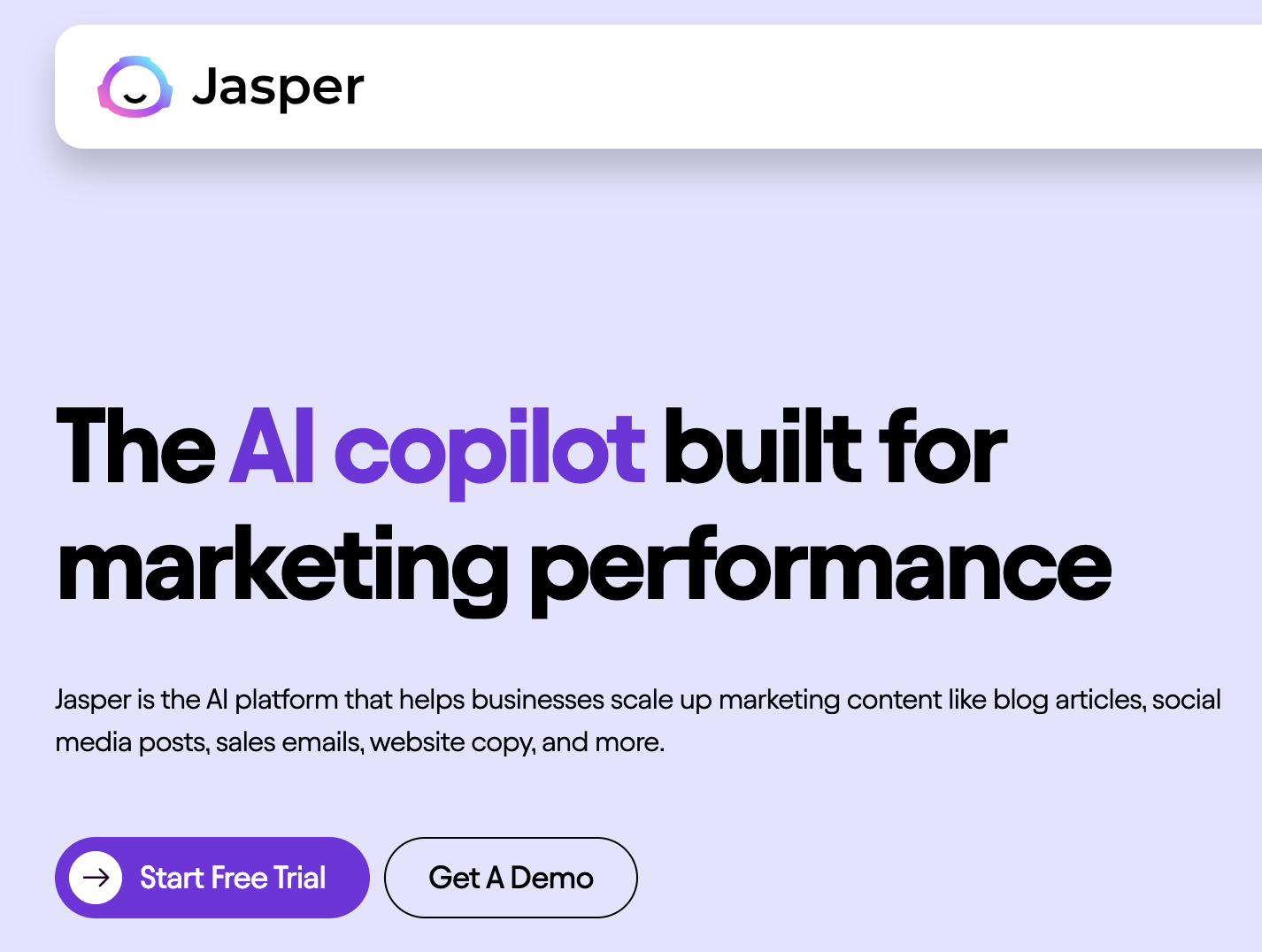
Bard (free)
Google is the “mother” of the Bard chatbot and probably falls behind ChatGPT because it is still in an experimental phase. What is great about it is that its chatbot is surprisingly fast and creative but still has numerous downsides.
Some users claim it might produce plagiarism content and give inaccurate information; sometimes, it doesn’t list the resources of its responses.
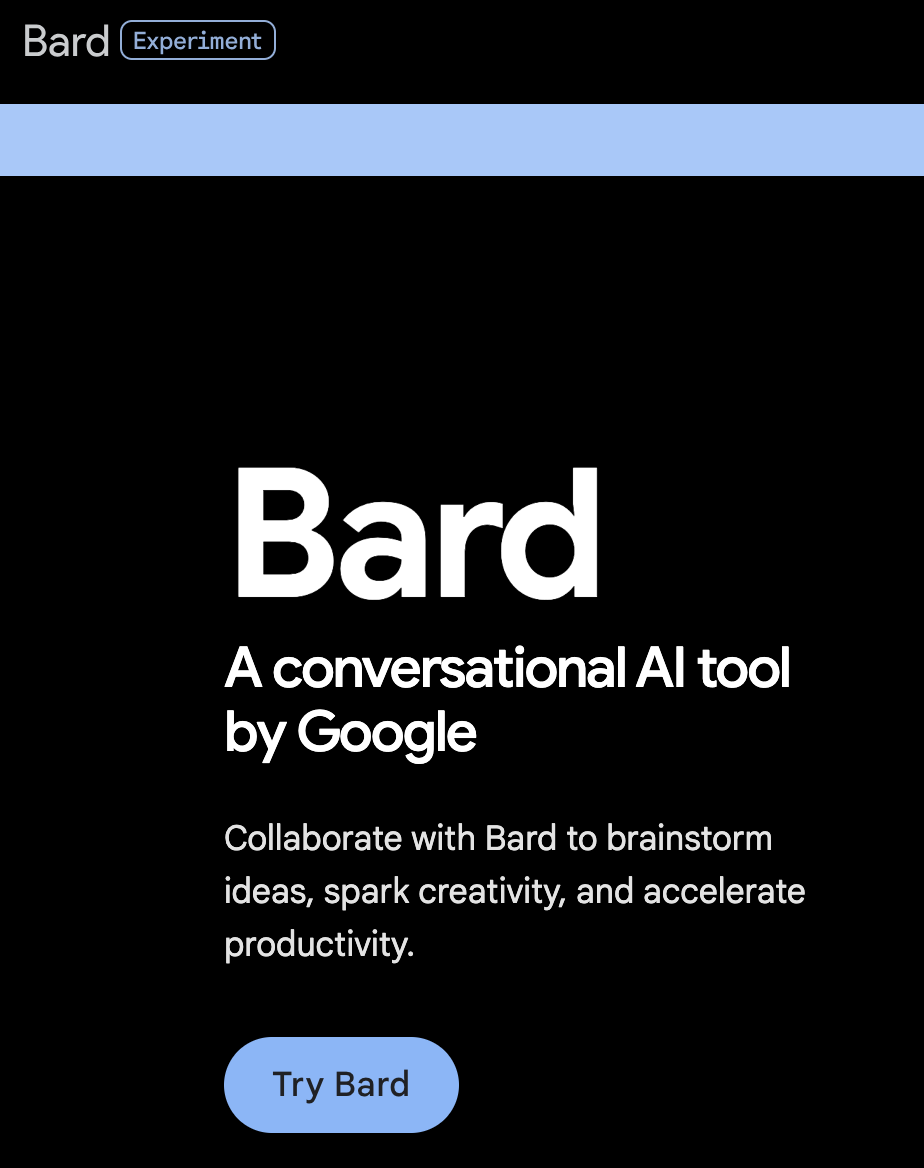
Also, check out: Bard vs. ChatGPT: The Major Difference Between the AI Chat Tools.
Less famous ChatGPT competitors
YouChat (free and paid)
YouChat is yet another AI chatbot that proudly stands as a ChatGPT competitor. Compared to ChatGPT, an advantage is that this chatbot offers its so-called multimodal functionality, meaning it can receive and deliver data in forms other than text.
Its advanced language learning model can incorporate textual, app, and link input and output.
DiabloGPT (free)
This chatbot is a Microsoft-developed AI tool trained on a dataset of 147 million dialogues sourced from Reddit dialogues and is able to handle multi-turn responses.
However, it is not a worthy ChatGPT competitor because sometimes its responses can sound confusing, lacking knowledge, and struggling to keep up with the ongoing conversation.
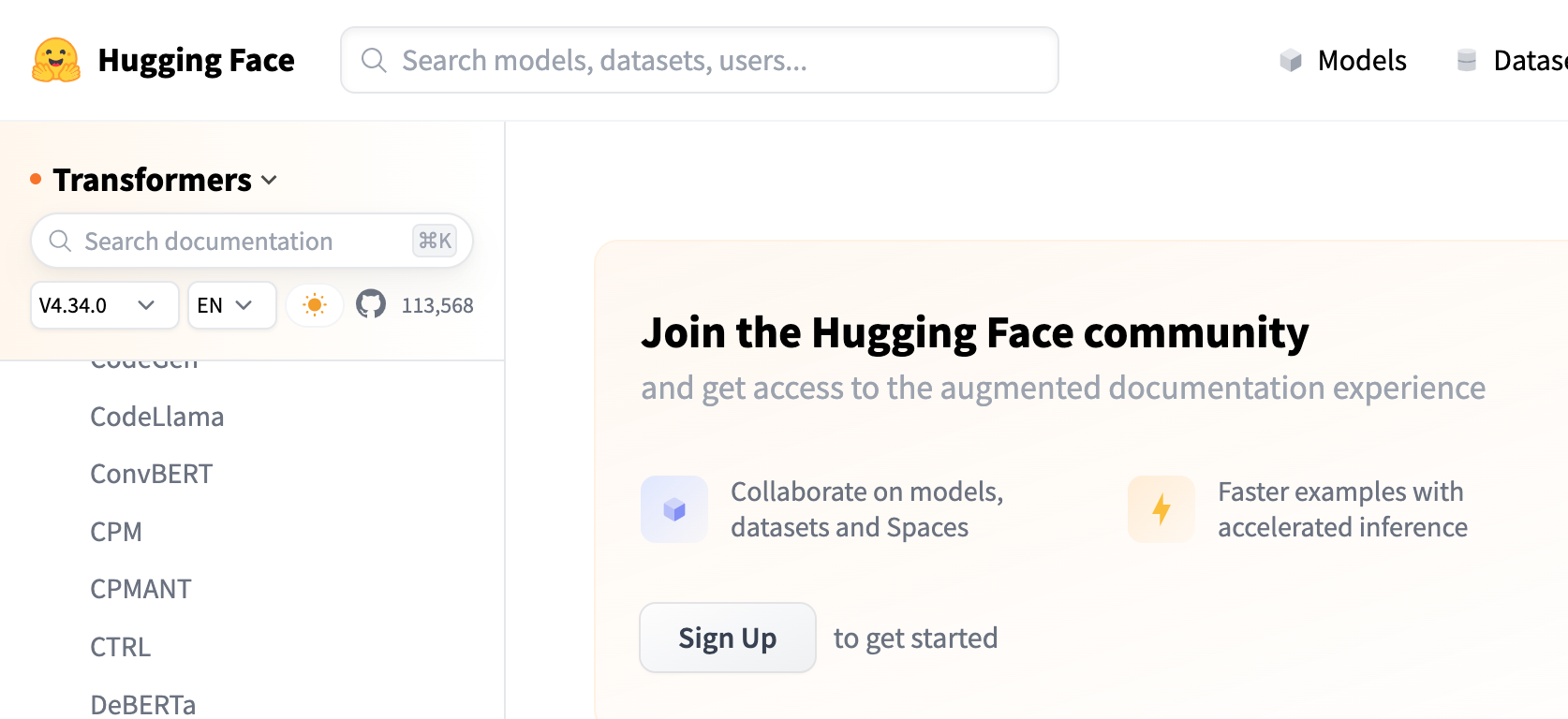
Character.ai (free)
Character AI is another AI-powered model that generates human-like text responses and craftily engages in contextually relevant conversations.
Google developed it, which makes it special because it enables users to design different characters, define their unique personalities, and even establish specific features.
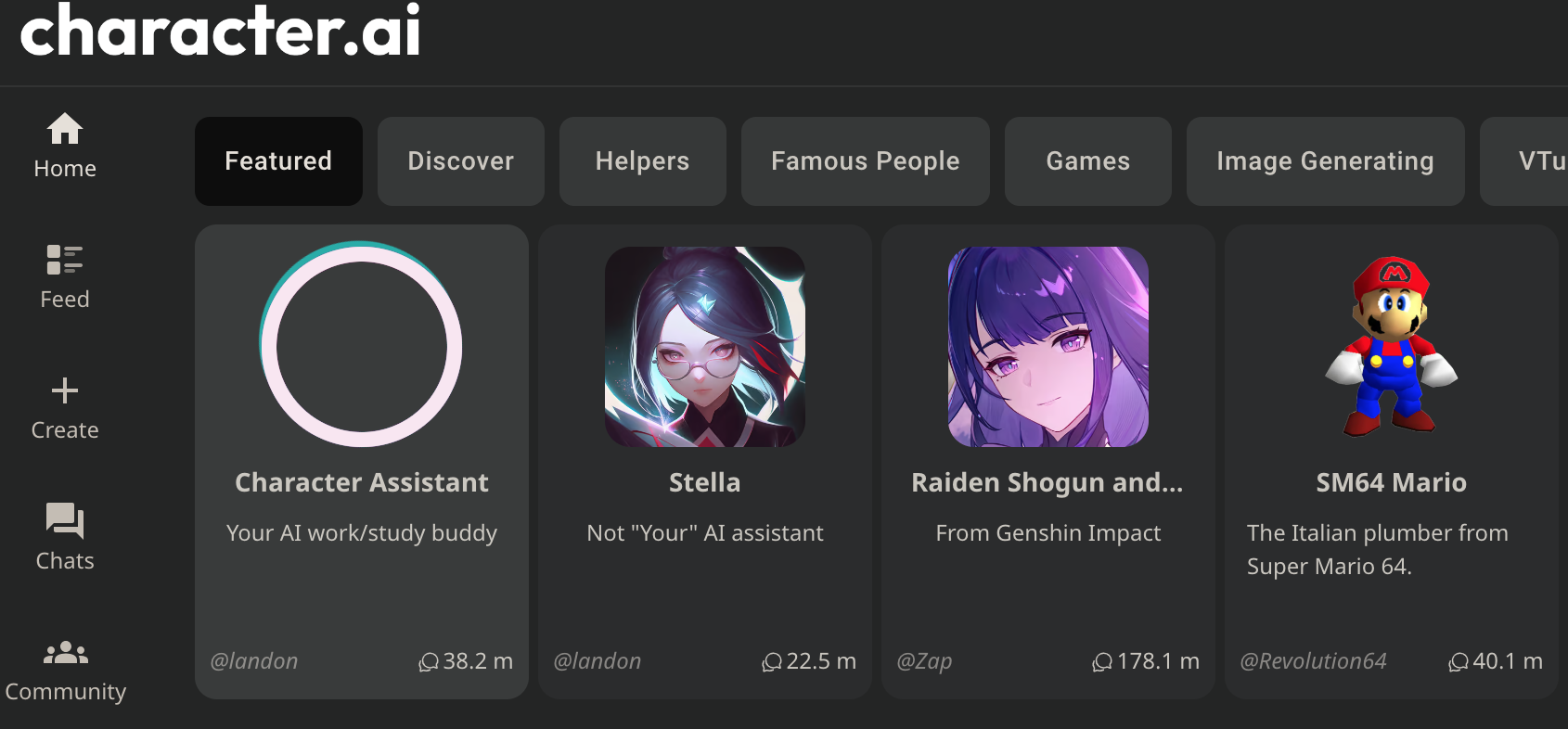
Copy.ai (free and paid)
Copy.ai is a valid competitor to ChatGPT because it has some cool functions, like summarizing a text when only given the URL.
Also, the chatbot can create content in any tone, making it highly customizable.
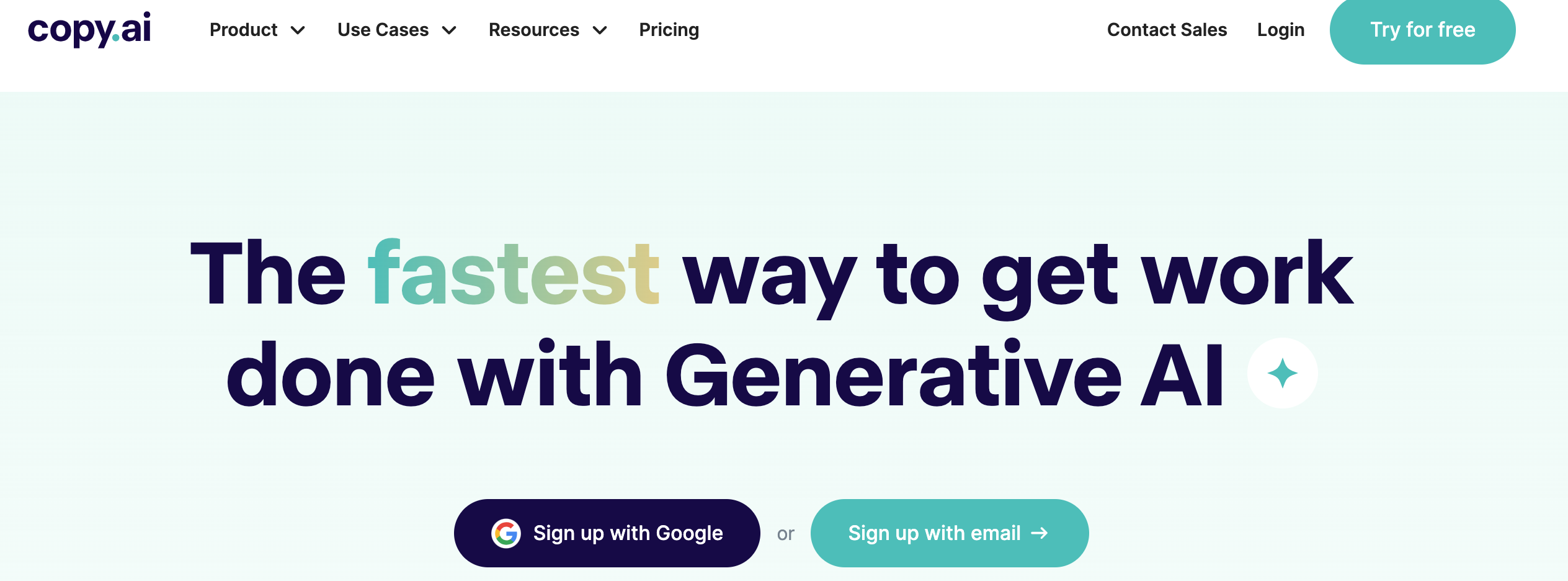
Amazon CodeWhisperer (free and paid)
Amazon CodeWisperer is not a direct competitor to ChatGPT because it is specifically designed for coding tasks; however, it still serves as a chatbot for coders. It can analyze code and comments to suggest relevant autocompletion and provides context-based suggestions.
It scans Python, Java, and JavaScript code for security issues and offers fixes.
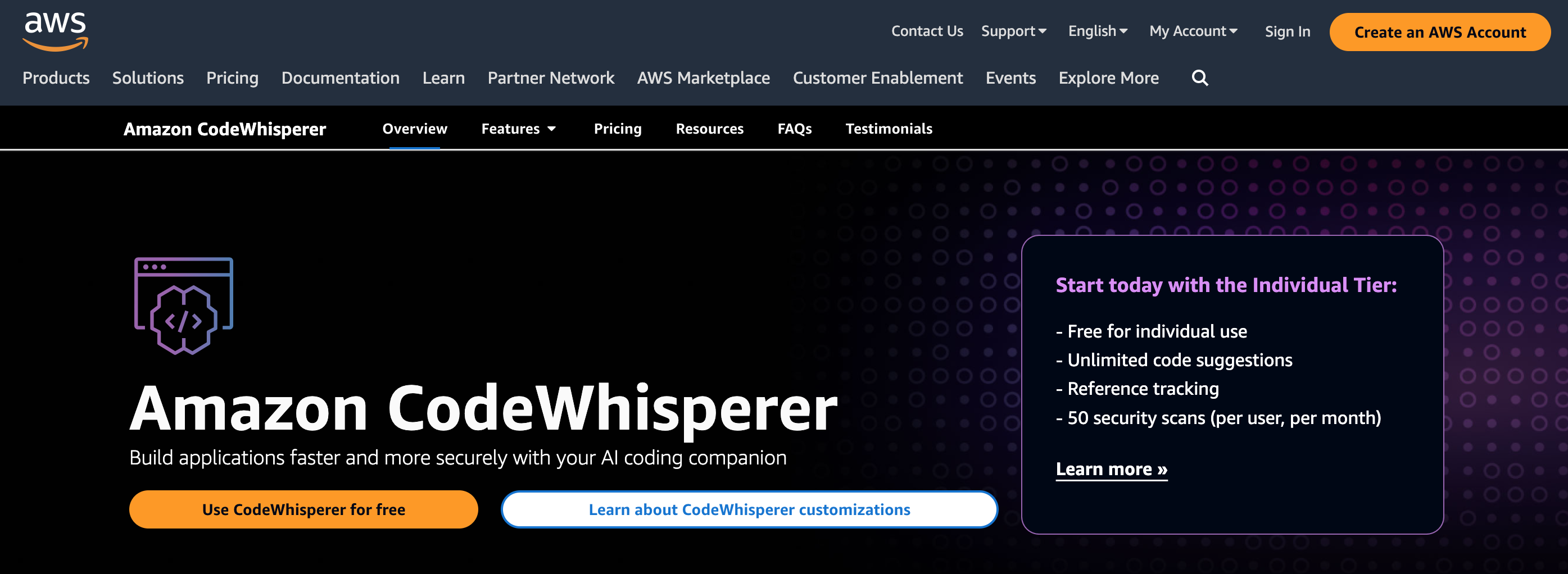
Auto-GPT (free)
This ChatGPT competitor is more complex to most users because it requires the user to have some understanding of the Python code.
However, its chatbot has semi-autonomous functionality, which many chatbots still need to improve.
Compared to ChatGPT, when working on Auto-GPT, the user doesn’t need to provide the initial prompt as well as follow-ups but set the desired goal and let the chatbot work its magic. he chatbot will give additional prompts and relevant responses on its own.
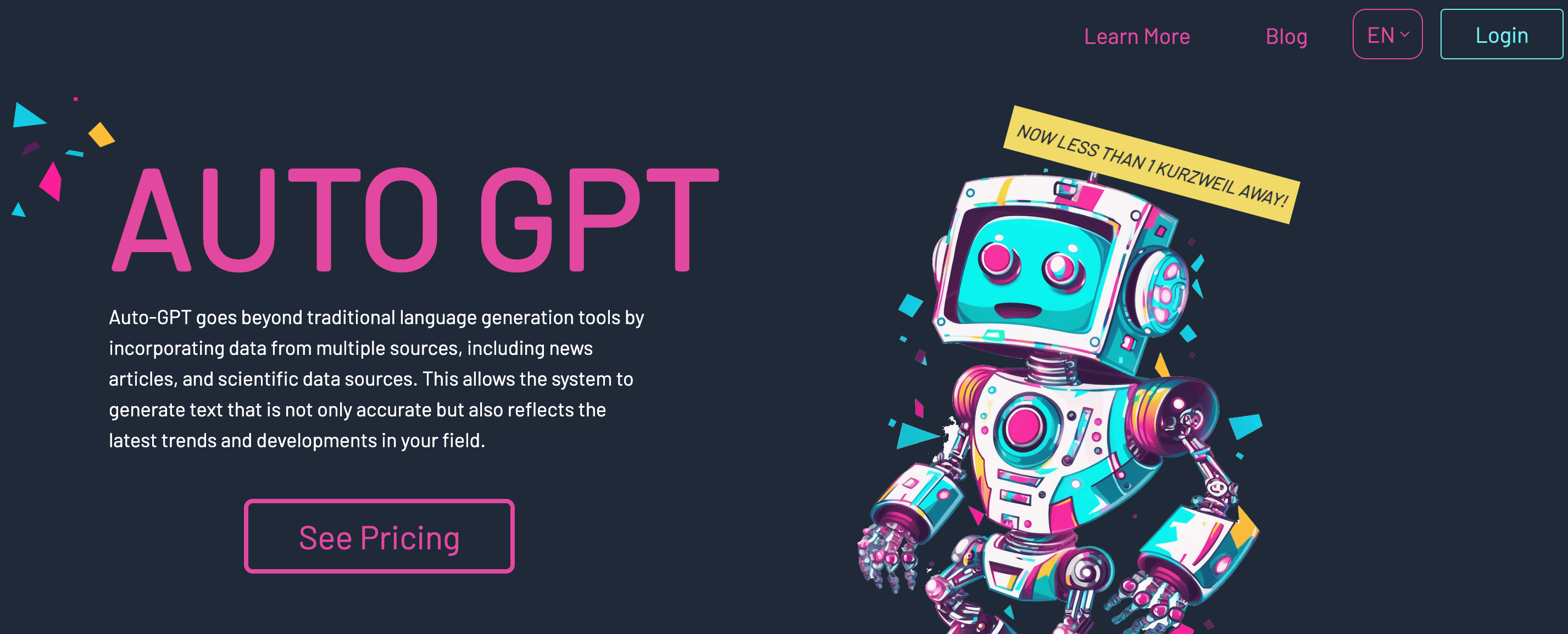
Perplexity AI (free)
Perplexity AI is not one of the leading competitors to ChatGPT because it has a limited suite of features and needs help to retrieve previous responses.
On the other hand, its chatbot can produce straightforward answers to your prompts, and due to its recent updates, it can give source citations.
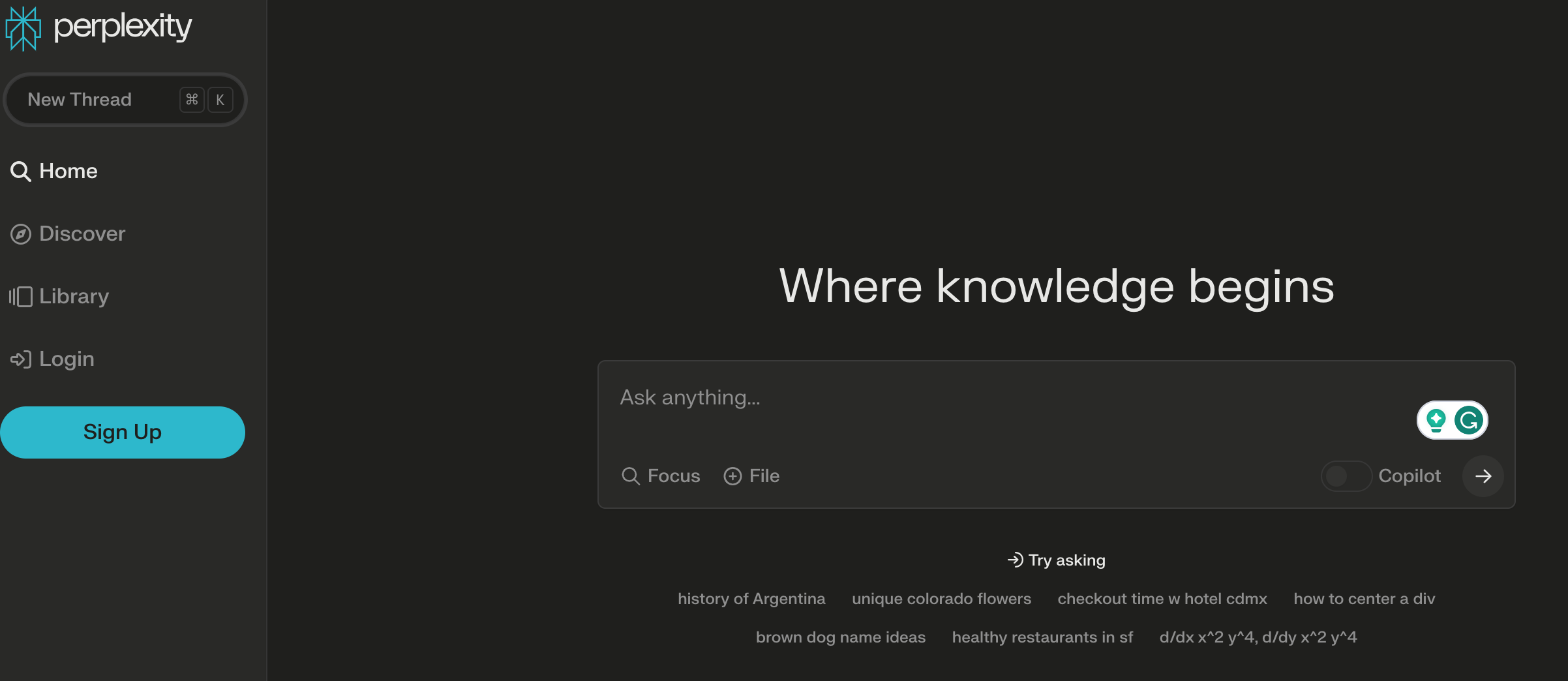
Claude (free and paid)
Starting with the cons, you must purchase the paid plan (Claude Pro) to get your desired results using Claude. Claude’s recent update, Claude 2, stands out, surpassing even the latest ChatGPT version in potential and capabilities.
Claude’s chatbot is best used for information retrieval and text summarization, unlike ChatGPT, which specializes in natural language conversations and creative text generation.
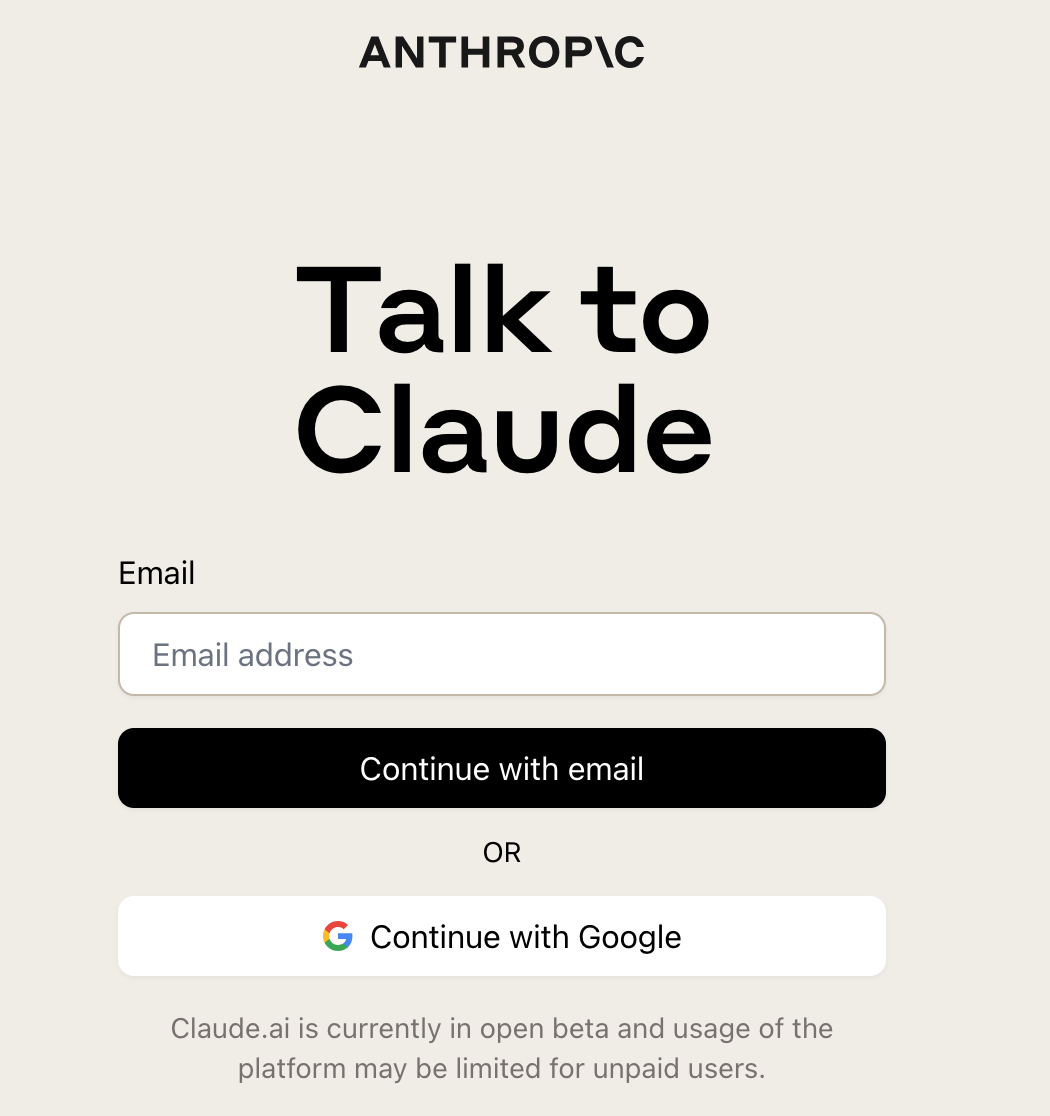
Also, check out: Claude vs. ChatGPT A Battle of the LLM Titans
ChatSonic AI (free and paid)
Just like ChatGPT, ChatSonic AI can also produce written content on demand, and to do this, it uses Google Knowledge integration to deliver facts.
When prompted, the chatbot can write in 13 tones, or “persona,” and read its responses aloud.
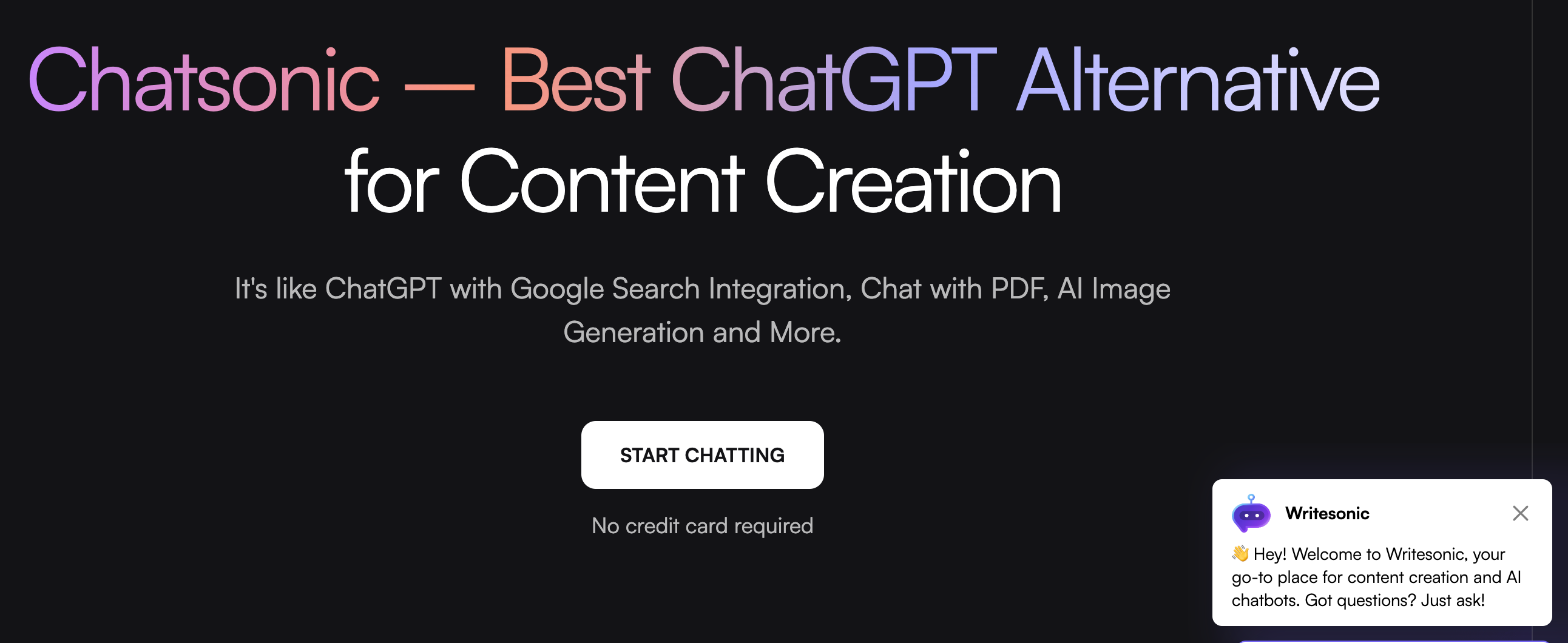
HIX.AI (free and paid)
The HIX Chat is a chatbot much like ChatGPT. It can cover any topic a user can imagine, answer complex questions with up-to-date information, answer your questions based on uploaded PDF documents, and summarize web pages and YouTube videos.
Unlike ChatGPT, which can only be accessed through the Open AI webpage, the HIX chatbot is available through the web app and HIX.AI’s Chrome extension.

Wrapping up
Hopefully, this article brought you value while reading it, and now you know more chatbots like ChatGPT, some standing still as its true competitors. If this is the first time you’ve heard about some of these tools, it's high time you try them because they might surprise you.
You might take part with your beloved ChatGPT and find another chatbot love.

